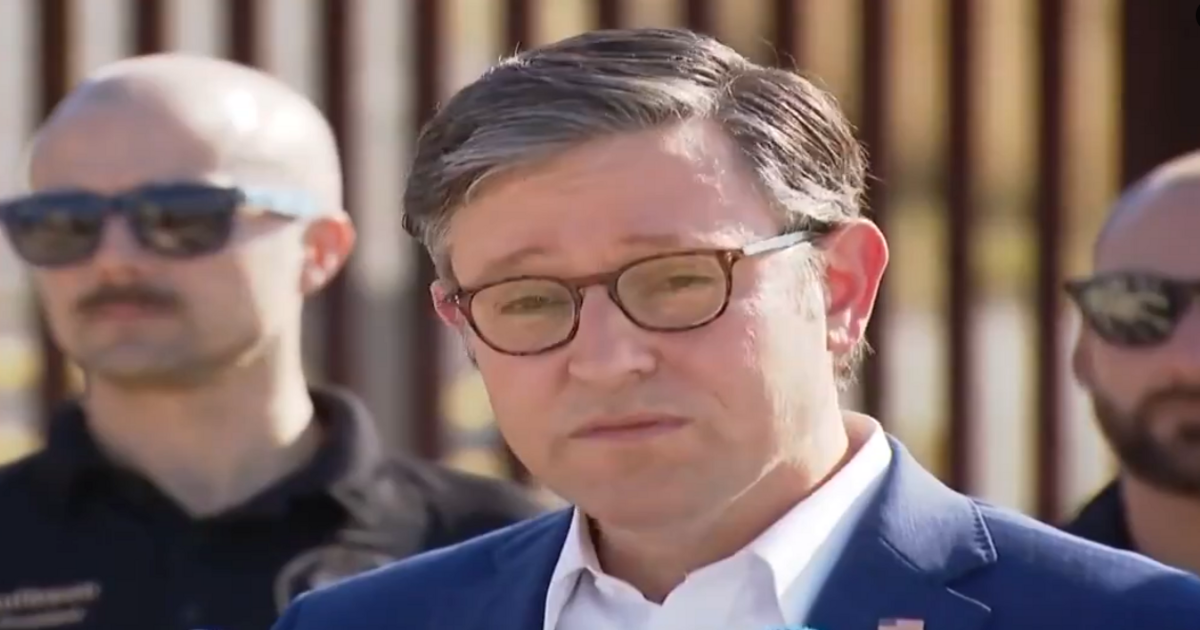Speaker Mike Johnson image credit-x.com/SpeakerJohnson
Speaker Mike Johnson’s attempt to push forward a six-month government funding bill is faltering under growing GOP opposition. The bill, aimed at extending government funding through March 2025, includes a controversial provision—the SAVE Act—which seeks to strengthen election security by requiring documentary proof of U.S. citizenship for federal voting. While it cleared a procedural hurdle, at least seven House Republicans have already opposed it, and Democratic opposition makes its passage in the House and Senate highly unlikely. This division among Republicans threatens to weaken their position as the government shutdown deadline looms at the end of the month.
Trump’s Influence Heightens the Stakes
Further complicating matters, former President Donald Trump, a key influence within the Republican Party, has publicly opposed the spending plan unless assurances on election security are provided. In a message on Truth Social, Trump made it clear that Republicans should not move forward with the funding resolution without addressing election security. Speaker Johnson echoed these sentiments, aligning himself with Trump’s demands but facing increasing pressure from both conservative and moderate Republicans over how to balance election concerns with the urgency to avoid a shutdown.
Uncertain Path Forward as GOP Divides
Johnson has yet to present an alternative plan (Plan B) and GOP members remain divided, particularly on short-term funding solutions. Many Republicans are advocating for spending cuts rather than temporary funding extensions. Johnson has expressed his commitment to winning over his colleagues but faces a significant uphill battle. As of now, House Republicans are pressing forward with the legislation, but uncertainty looms over the potential collapse of the bill and the next steps required to avert a government shutdown.
